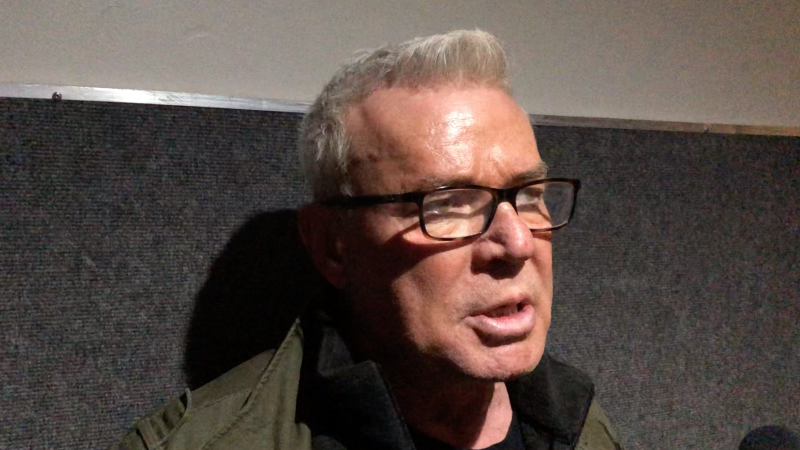Eric Bischoff says the WCW “reboot” captained by Vince Russo in 1999 was never going to work because he didn’t truly understand the audience he was trying to write for.
On a recent episode of 83 Weeks, Conrad Thompson recapped Russo’s big plan to turn things around (as told by Dave Meltzer in the Wrestling Observer Newsletter) by bringing in the nWo again, and how Russo was given a short window of time to increase ratings but some believed they needed more time. Bischoff said Russo’s claim that he needed more time was “bullshit” and said it all came down to WCW being booked to appease one person instead of a wider audience.
“You could have given Vince Russo six years and it wouldn’t have mattered. You’ve got to understand the wrestling audience. You can’t go out and live your prepubescent fantasies inside a wrestling ring and think the masses, the audience is going to enjoy it. I mean, this is so bad in the things that the supporters of Vince—I don’t know who the fuck the supporters of Vince Russo were, clearly they knew less about television than Russo did. I could talk all I want, some people are going to agree with me, some people will disagree with me, I don’t really care. Wrestling is, and always has been great characters and great story, that’s it.”
Bischoff continued, saying ratings do matter and to speak to the contrary would be wrong, but it’s also closely linked to ad sales too. He contended that wrestling has always had a problem with advertising, and it hasn’t really improved until recently.
“Yes, television is about ratings. You touched on it. If you don’t have ratings, you’re not selling advertising. You could have ratings and still not be able to sell advertising. Advertising and ratings go hand in hand. If you’re not delivering at least a reasonable audience that includes a demographic that advertisers are interested in, they are not going to buy your show. They’re not going to spend money inside of your show or to your point earlier—and this was always a big challenge for wrestling in general across the boards— wrestling has always been that ‘Ehhh, yeah we know people watch it but we don’t really want to be seen in that.’ That was the stigma associated with pro wrestling from the ’60s and the ’70s and even in the ’80s and yes into the ’90s. It wasn’t until really I think about the early 2000s, 2005, 2010, when that really began to change. It started slowly changing and now it’s dramatically changed.”
Bischoff went on to explain how WWE has done a great job making the advertisers happy and fans can get upset about the company not pushing the boundaries more, but they are successful on the business side of things.
Check out the full episode below:








